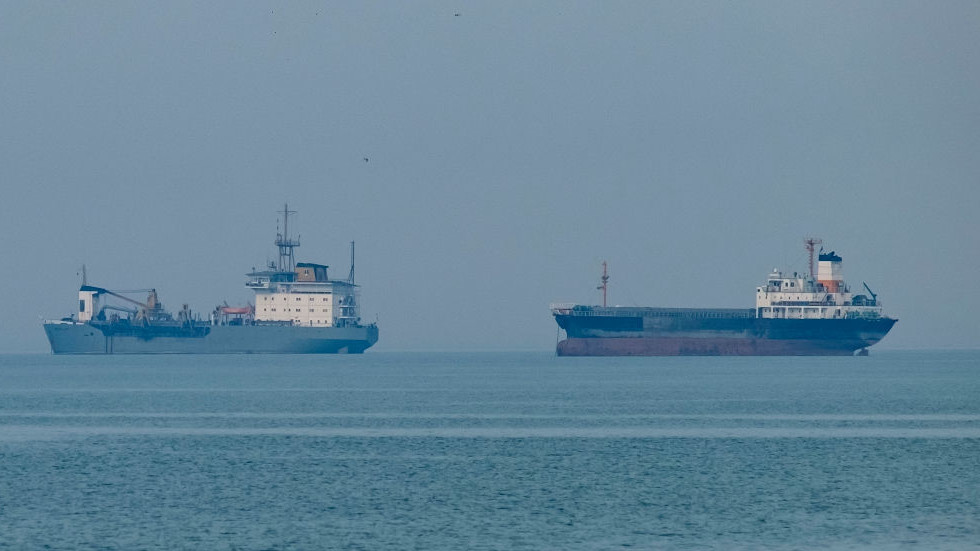The ongoing tensions between the United States and Iran have escalated notably, especially following Iran’s missile attack on Israel on October 1. In response to this attack, which Iran defended as a legitimate act of self-defense after a series of targeted assassinations of key leaders, the U.S. Treasury Department imposed sanctions on various Iranian oil vessels and foreign companies involved in the Iranian petroleum trade. The Iranian Foreign Ministry has refuted the legality of these sanctions, asserting that they are unjustified and an overreach of U.S. authority. Foreign Ministry spokesman Esmail Baghaei emphasized that Iran’s military actions were grounded in international law and represented its inherent right to defend itself against perceived threats.
The geopolitical dynamics at play see the U.S. increasingly favoring Israel in its military decisions, raising concerns that Israel might retaliate against Iran’s energy or nuclear infrastructure. Washington has advised restraint on this front but the sanctions appear to be an attempt to appease Israel while also curtailing Iran’s capabilities to fund militant activities and its nuclear ambitions. Baghaei criticized these actions as tantamount to paying a ransom to Israel, underscoring the complexity of U.S.-Iran relations, where economic sanctions are utilized as a tool of foreign policy to exert influence in the region.
Complicating the situation further, the U.S. intelligence community suggests that Iran’s nuclear ambitions may not be as imminent as some fear. Recent assessments indicate that Iran’s nuclear weapons program has been inactive for two decades, with U.S. officials stating that there is no current evidence to support claims that the Iranian leadership has decided to resume weapons development. Such assertions have been aimed at dissuading Israel from launching preemptive strikes on Iranian nuclear facilities. This nuanced view has caused friction within the broader strategy regarding Iran, particularly in confronting the risks linked with its ballistic missile program and support for regional proxy groups.
As U.S. sanctions unfold, Iran has vowed to retaliate in kind should Israel take military action against it. Iranian officials have emphasized a reciprocal response to any threats, particularly if civilian casualties were incurred during an attack. This has raised the stakes significantly, with the potential for escalating conflict not only between Iran and Israel but also involving U.S. interests. The possibility of direct strikes on Iranian oil or nuclear facilities poses substantial risks, including significant impacts on global oil prices and regional stability, which could have broader implications for American domestic politics, especially with a presidential election looming.
U.S. sanctions seek to limit Iran’s financial resources that could be used to develop disruptive technologies or support regional conflicts. However, the effectiveness of such sanctions remains a contentious topic, as critics argue they do little to deter Iran’s actions but instead exacerbate existing tensions. Furthermore, the broader implications for energy markets and global economic stability are tangible concerns as disruptions could lead to price surges, affecting ordinary consumers and complicating the political landscape for the Biden administration.
In summary, the current standoff between Iran and the U.S., largely centered around sanctions and military posturing, showcases deepening geopolitical rifts. The interplay of military aggression, economic sanctions, and political maneuvering highlights a volatile situation where diplomatic solutions seem elusive. The prospect of retaliatory measures from Iran adds further uncertainty, and the potential for a broader conflict that could reshape regional dynamics remains an ever-present concern as both nations navigate their complex relationship amid escalating tensions stemming from the recent missile attacks and subsequent military threats.

